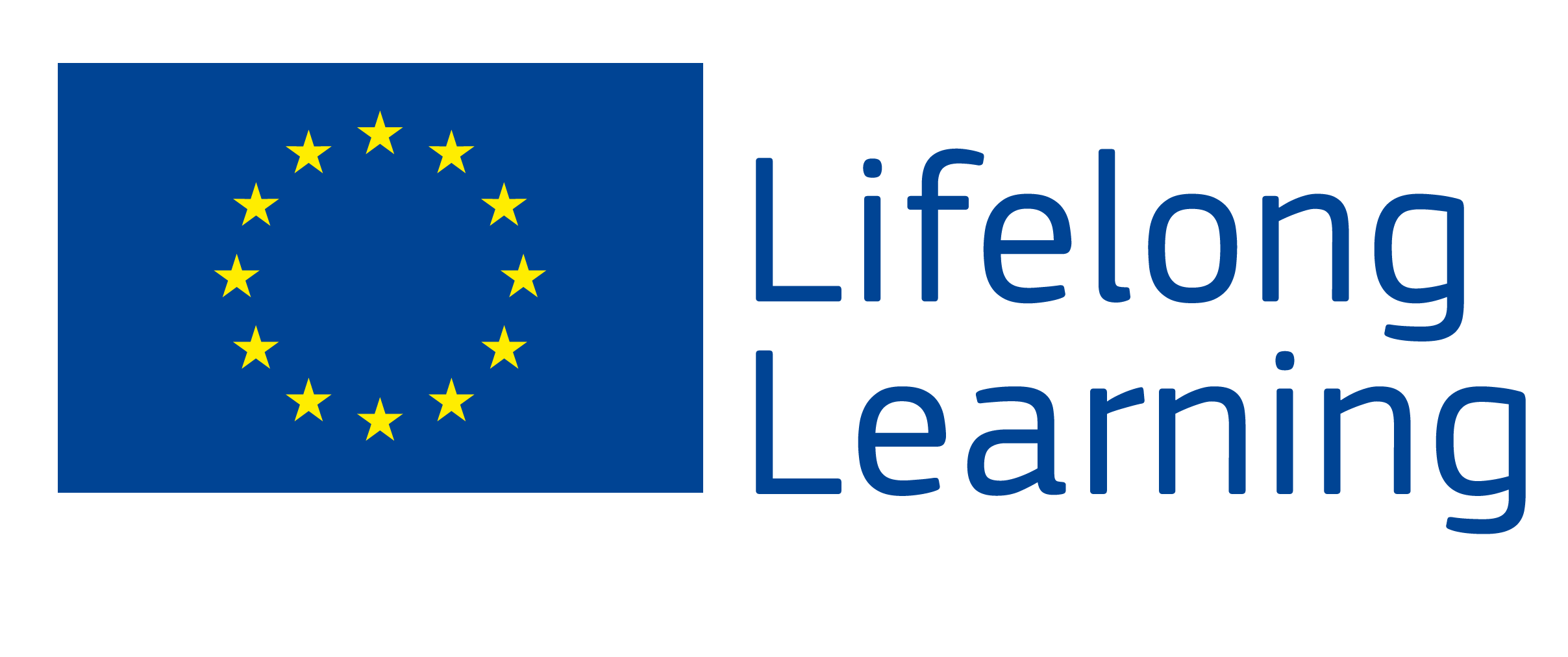Up till 6% of pre-school children in EU27 are affected by significant developmental threats (Trost 1991), due to disability or social disadvantage.
Early Childhood Intervention (ECI) provides preventive services in teams to children and parents.
However on a European level there are the problems of heterogeneity of services and training standards and the still existing gaps between member states (especially in skill transfer) and theoretical consensus / lack of comparability of concrete services.
Vocationale Education and Training (VET) in the field of ECI in EU27 is heterogeneous: most countries do not show any specific training except e.g. AT (EQF-level 5), partly DE (EQF 6), ES, PT (EQF 7).
Besides their basic education (MD, special educators, psychologists, social workers) professionals in EU27 (except in AT, partly ES, CH) often are not sufficiently trained to work
- with small children (0-3a),
- in and with families
- and within transdisciplanry teams.
Turkish Needs Analysis
Turkish Disability Survey 2002 identified 2.8 million children (0-9a) with SEN.
Law 573/1997 requests that special education services in ECI are performed based on the principle of informing families and supporting them at institutions and home. Also the participation of families is seen as a main principle.
However no training programs are available at the moment.
For education of professionals working in the filed, quality assurance mechanisms are needed.
Envisaged Impact:
- ECI2.0 will increase the competence of ECI professionals with the strategic goal, that ECI2.0 will be part of the official VET system.
- Skill oriented training materials will contribute directly to an increasement of competences of professionals.
- On European level the focus on skill-training and "ready-to-take-training" programs is enriching the existing diversity and represents a perspective towards comparability of services.
- The implementation of a strong ICT web. 2.0 component corresponds to the disperse organisation of local services in most EU -countries. Social networks and usage of online-resources are able to diminuish the professional "loneliness" of eg. far distant ECI Centres in TR.
- The online training assessment tool allows the monitoring of VET processes in ECI and increases comparability for the end users (parents).






